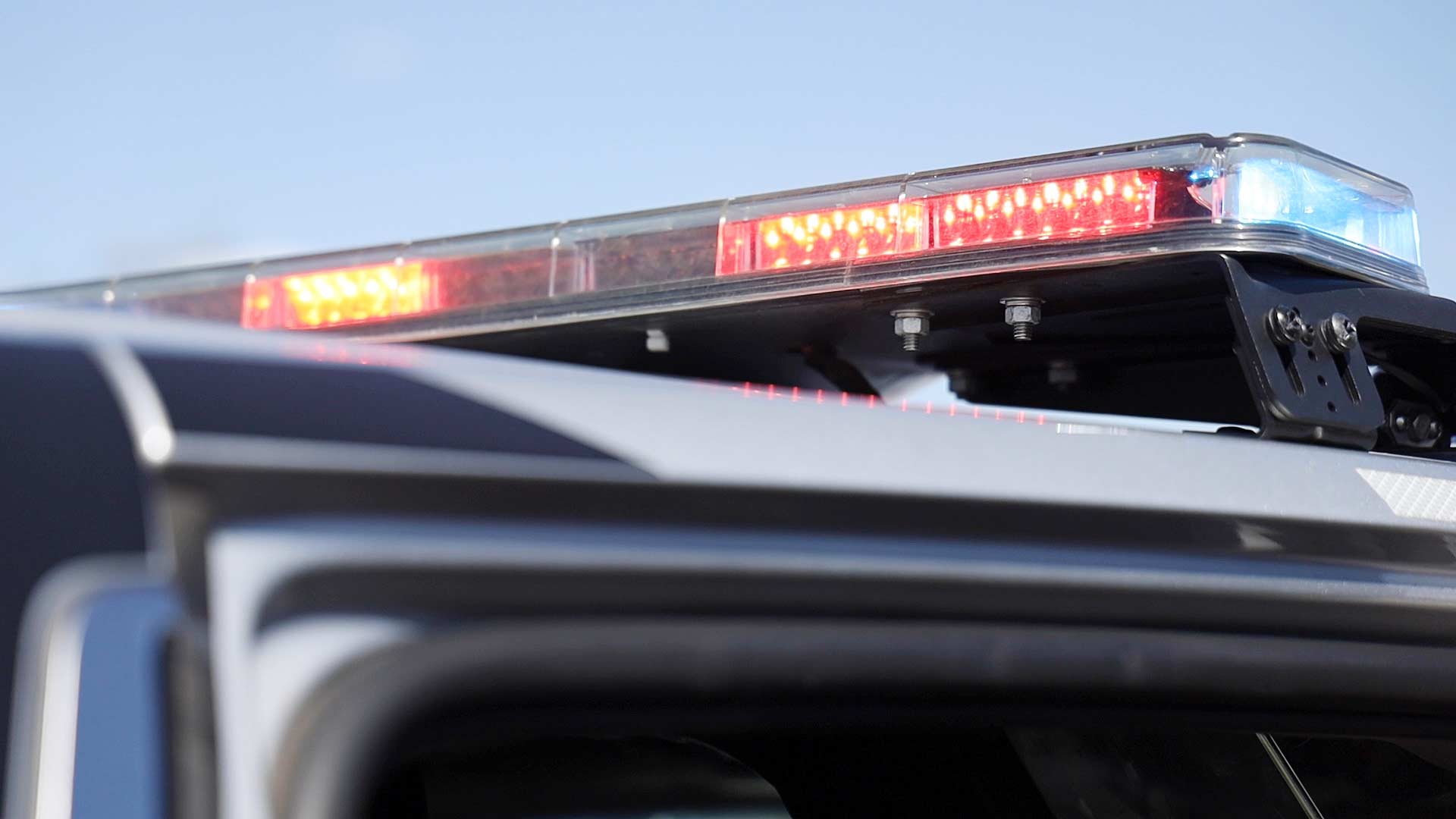
COVID-19 was not the only killer accounting for an increase in Arizona deaths in 2021: A surge in drunken driving deaths on the state’s highways that year was among the highest in the nation.
Arizona drunken driving deaths rose from 295 in 2020 to 421 a year later, a 43% increase that was the fifth-highest rate among states and territories in the U.S., according to a report this month by the National Highway Traffic Safety Administration.
In terms of raw numbers, the additional 126 drunken driving deaths were the nation’s fourth-highest – and accounted for virtually all of the increase of 127 traffic deaths of all types in the state from 2020 to 2021.
Experts point to a variety of possible reasons for the rise, but most said restless boredom spurred by the pandemic likely triggered an increase in unsafe driving behavior, especially speeding and driving under the influence.
“The pandemic really reset a lot of people’s driving habits for the worse nationwide, and including Arizona,” said Julian Paredes, a public relations specialist for AAA Mountain West. “Unsafe behaviors like distracted driving, drunk driving, all those things were going down, up until 2020, and … we found by 2021 those habits started increasing again.”
While Arizona was an outlier, it was not unique: Nationwide, drunken driving deaths rose 14% in 2021, from 11,718 to 13,384.
Rebecca Sustayta, manager of victim services for Mothers Against Drunk Driving Arizona, said she saw an increase in the number of people seeking help after a loved one was killed or severely injured in an impaired-driving accident. For many, there is a financial burden “on top of all of this loss that people were already facing during the pandemic.”
“A lot of people end up losing their cars, they lose their home, and they have to find other places to go because they just can’t financially support their family anymore,” Sustayta said. “It’s so heartbreaking to see that happen because this is not something that this family ever did … but because somebody else decided to make that decision for them.”
Mesa Police Officer George Chwe said he was not surprised by the data. He said he typically files more driving-under-the-influence charges against people coming from home than from a bar or social gathering, because the homebodies often “thought they’re OK” and “want to go get food.” But they are not OK, and Chwe said that trend was exacerbated during the pandemic.
“I had been in our traffic unit for the past 10 years,” said Chwe, who also coordinates the Drug Recognition Experts program for the Arizona Governor’s Office of Highway Safety. “And even in that 10-year time period, I’ve never seen where the alcohol had surpassed our drug-related DUIs.”
Michael Scott, the director of Arizona State University’s Center for Problem-Oriented Policing, said the pandemic created an environment where roads were emptier and fewer police were around, factors that encouraged not only drunken driving but also speeding.
Paredes said collisions are more likely to happen in states that have a high population, see lots of travelers and are more reliant on cars, all of which are found in Arizona.
But even with that in mind, Paredes said he was surprised by Arizona’s surge in drunken driving deaths given the state’s zero-tolerance rules. Chwe said Arizona police can file a DUI charge even if blood alcohol content is as low as 0.02, as long as the driver is obviously impaired.
Scott said zero tolerance policies are only as good as their enforcement, and they are “almost impossible as a practical matter to enforce.”
“There’s not going to be any arrest if a police officer doesn’t make the stop in the first place,” Scott said. “There’s not going to be any penalty if the prosecutor drops the charges or doesn’t file. So you really have to look at what’s actually happening.”
Sustayta agreed that “we can make as many policies as we want, but until people change that behavior, things really aren’t going to change completely.” One of the best ways for people to make that change, she said, is to take the time to learn more about the experiences of drunken driving victims.
“I think we just need to work as a whole to hear more of people’s personal stories and to understand that there are families on the other side,” Sustaya said.
Chwe said people tend to underestimate the amount of alcohol in their drinks and overestimate their ability to drive while intoxicated. On top of this, Chwe said the danger of driving under the influence “oftentimes gets lost” and becomes “just another number, another statistic.”
“Look at how many deaths we have, hey, these are all preventable deaths. They all are, every one of them,” he said. “And it all comes back to that very first decision that you made, you know, drinking, and then getting in the car and driving.”

By submitting your comments, you hereby give AZPM the right to post your comments and potentially use them in any other form of media operated by this institution.